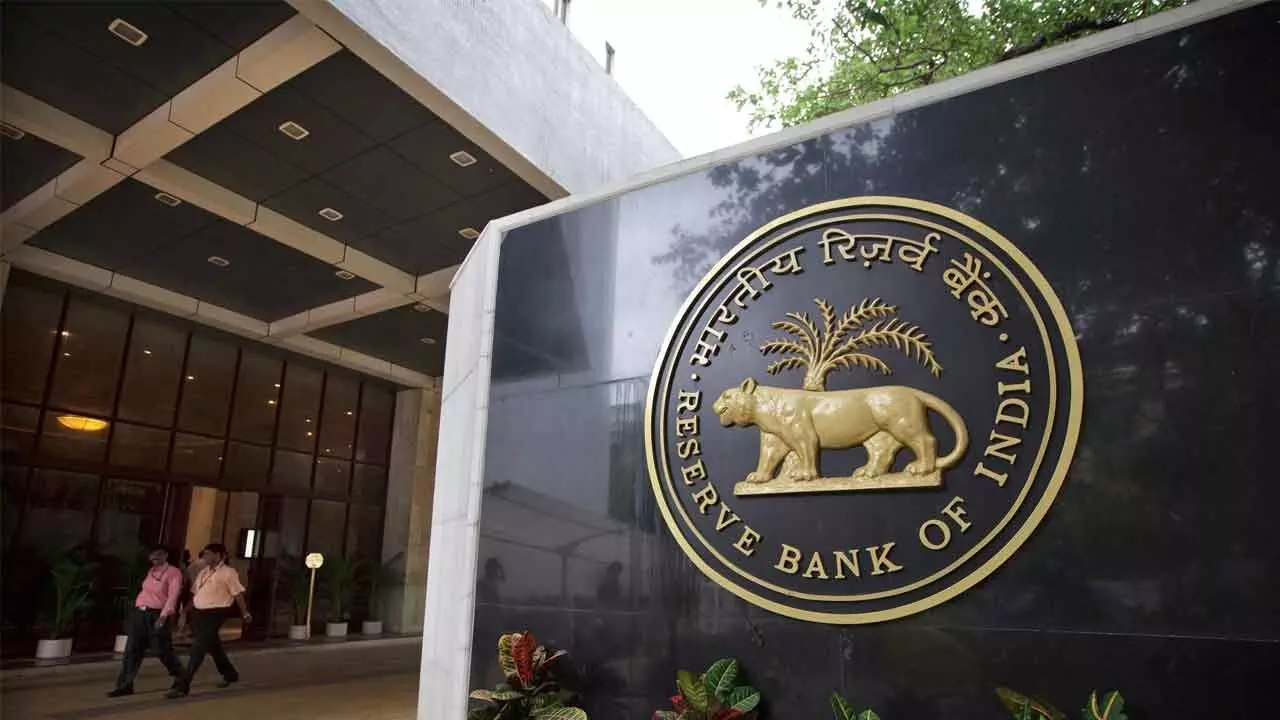RBI On Liquidity Drive As GDP Slows
A 50bps cut in CRR to 4% will infuse Rs 1.16 L-cr liquidity into banking system; FY25 GDP growth forecast cut to 6.6%; Status quo on repo at 6.5% for a record 11th meeting in a row
RBI On Liquidity Drive As GDP Slows

At this juncture prudence and practicality demands, we remain careful. A status quo is appropriate and essential - Shaktikanta Das, RBI Governor
Mumbai: The Reserve Bank of India (RBI) on Friday kept its key interest rate unchanged citing inflation risks, but cut the Cash Reserve Ratio (CRR) that banks are required to park with the central bank, boosting money with lenders to support a slowing economy. With India’s GDP seeing a sharper-than-anticipated dip in the July-September period to 5.4 per cent -- its slowest pace in seven quarters, inflation on the uptick and rupee under pressure, the Reserve Bank of India (RBI) had few choices to make. Its monetary policy committee, which consists of three RBI and an equal number of external members, kept the repurchase or repo rate unchanged at 6.5 per cent for a record 11thmeeting in a row. Four of the six members of the panel voted for a status quo in rate, while retaining its policy stance at ‘neutral’.
External members - Nagesh Kumar and Ram Singh - voted for a quarter-point reduction. RBI Governor Shaktikanta Das said the Cash Reserve Ratio - the proportion of deposits that banks must set aside with the central bank - has been cut by 50 basis points to 4 per cent, effective in two tranches on December 14 and December 28. The cut will infuse Rs1.16 lakh crore into the banking system and will soften short-term interest rates and can reduce the pressure on bank deposit rates. This is the first time since March 2020 that the CRR has been cut.
“At this juncture prudence and practicality demands we remain careful. A status quo is appropriate and essential,” Das said, while adding if growth slowdown lingers beyond a point, “it may need policy support”.
RBI lowered its growth forecast for the year ending March 2025 to 6.6 per cent, from its earlier projection of 7.2 per cent. This even though Das said GDP slowdown bottomed out in the July-September quarter and has seen a pick-up in subsequent months due to festival spending and strong agriculture output.

